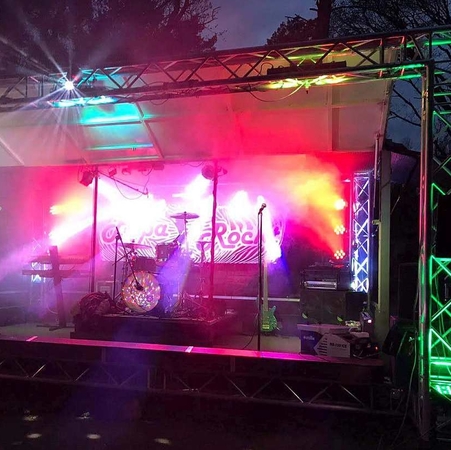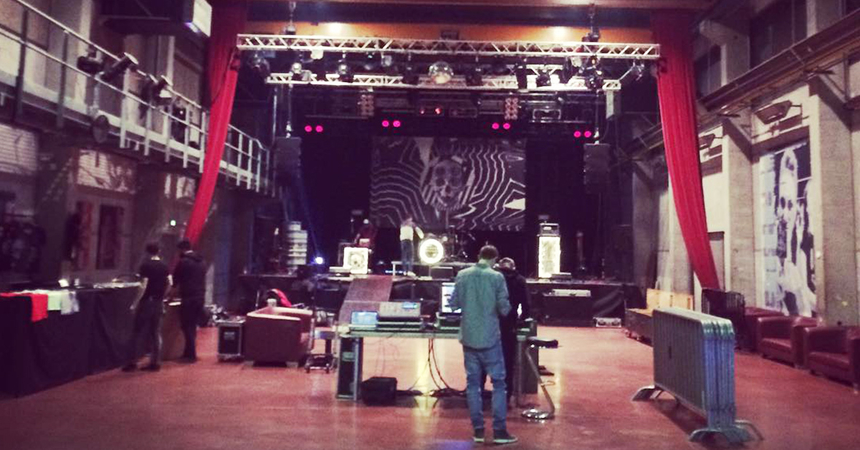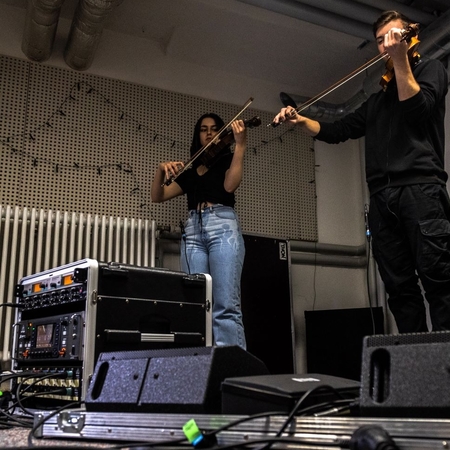From the inquiry to the booking – 3 ways to catch people's attention
Fair booking by an agency or a person who (really) understands you and won't rip you off
From band logo to technical rider – make it as easy as possible for the organiser
From arrival to doors open – what do you take with you and how do you get to the site?
Stagehands will assist you with unloading and also later with the changeover on stage
Agreements and dialogue with organisers, technicians and the audience are important












